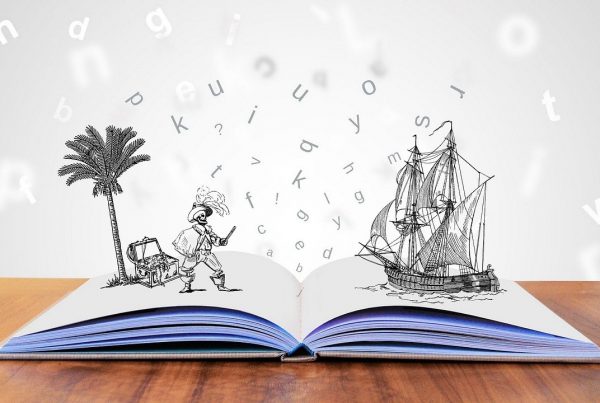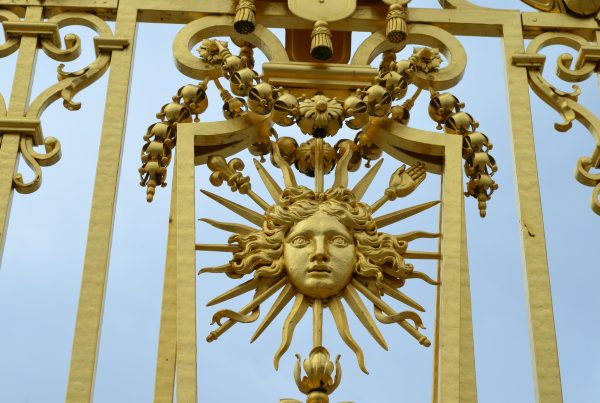Why do we celebrate the new year on January 1st? You have certainly asked yourself this question!
The celebration of the New Year is an ancestral practice present in all civilizations.
I am text block. Click edit button to change this text. Lorem ipsum dolor sit amet, consectetur adipiscing elit. Ut elit tellus, luctus nec ullamcorper mattis, pulvinar dapibus leo.
”The year does not begin on January 1st, it begins on March 21st. By what aberration has the human calendar been detached from the great cosmic clock that regulates the round of the seasons?
Michel Tournier , Le roi des Aulnes
The New Year is a special time that has long been dictated by the cycle of nature. The inhabitants of Mesopotamia (2000 BC) marked the passage to the new year with purification rituals at the time of the spring equinox (mid-March).
In ancient Egypt, the New Year began on the first day of the Nile’s overflow (late June).
To understand the origin of the New Year’s celebration as we know it today, we must go back to 45 BC.
The emperor Julius Caesar decided to replace the lunar calendar by a solar calendar with 12 months and proclaimed that January 1 is the day that marks the celebration of a new year. This is the appearance of the Julian calendar. This day has long been dedicated to the god of renewal, “Janus”.
The New Year’s Day, also called “New Year’s Day”, has changed a lot over time. In France, it is Charles IX who fixed, in 1564, January 1 as the day of the new year in order to harmonize the practices in all the kingdom of France.
The use of this date was then generalized by Pope Gregory XII in 1582 (the appearance of the Gregorian calendar).
New Year’s Day has been a public holiday since March 23, 1810. But what is the relationship between New Year’s Day and New Year’s Eve?
New Year’s Eve is only the date of the death of Pope Sylvester (December 31, 335).
New Year’s Eve or Réveillon has therefore no relation with the new year.
Ressources
Link to your special “Holiday” : quiz





